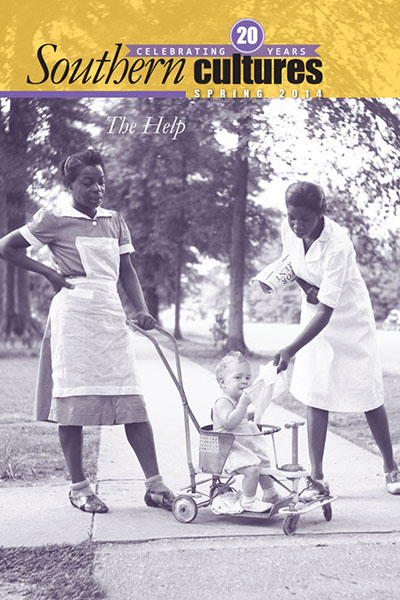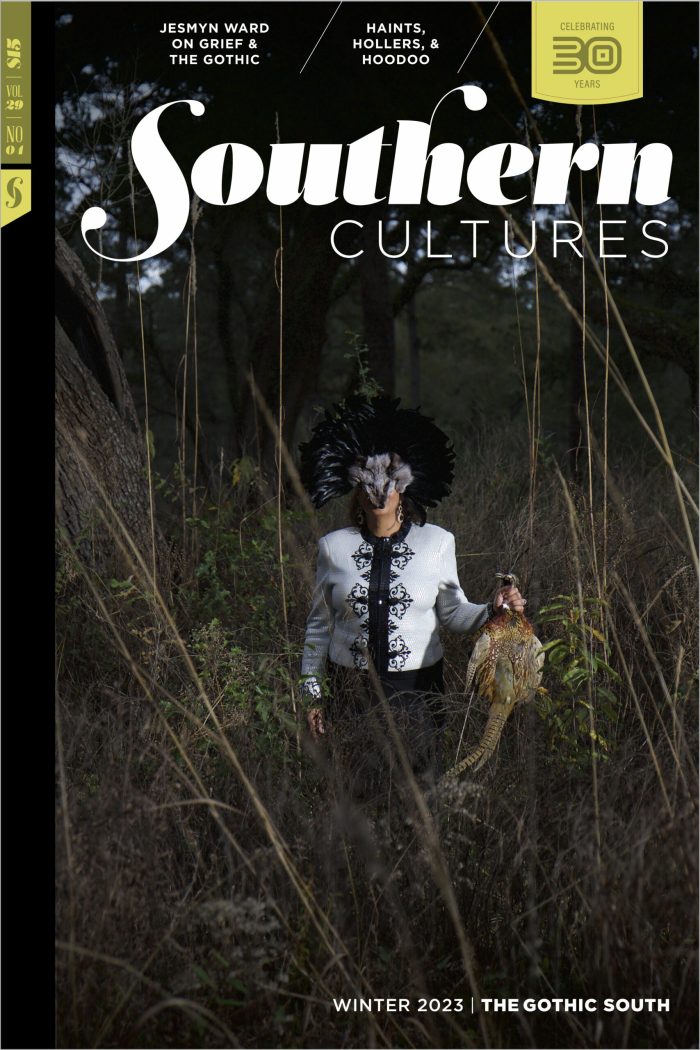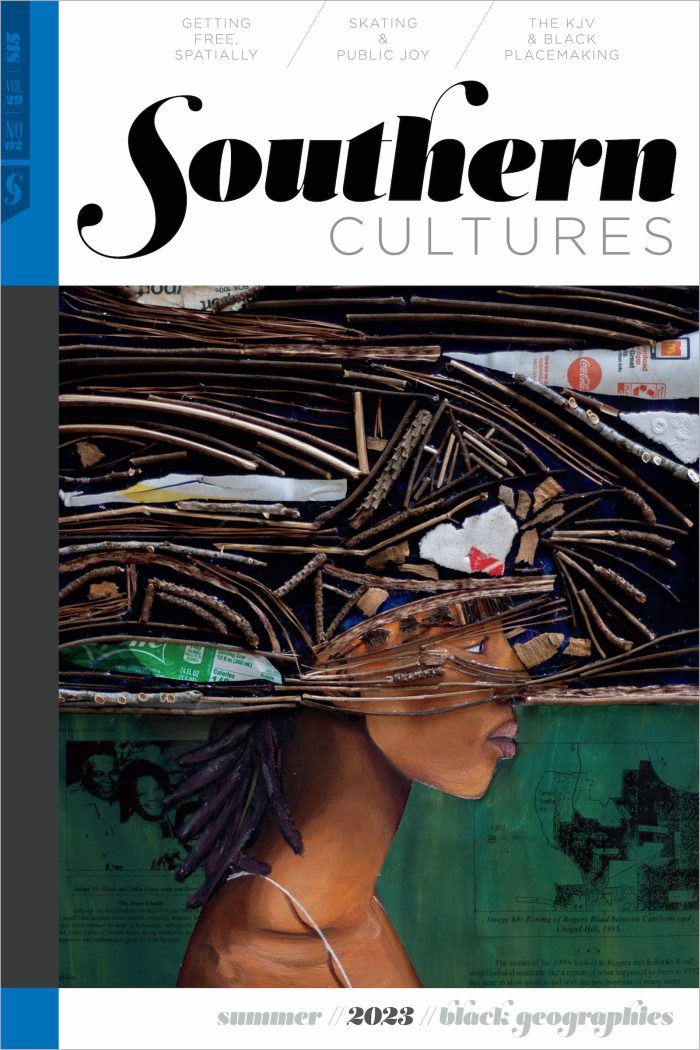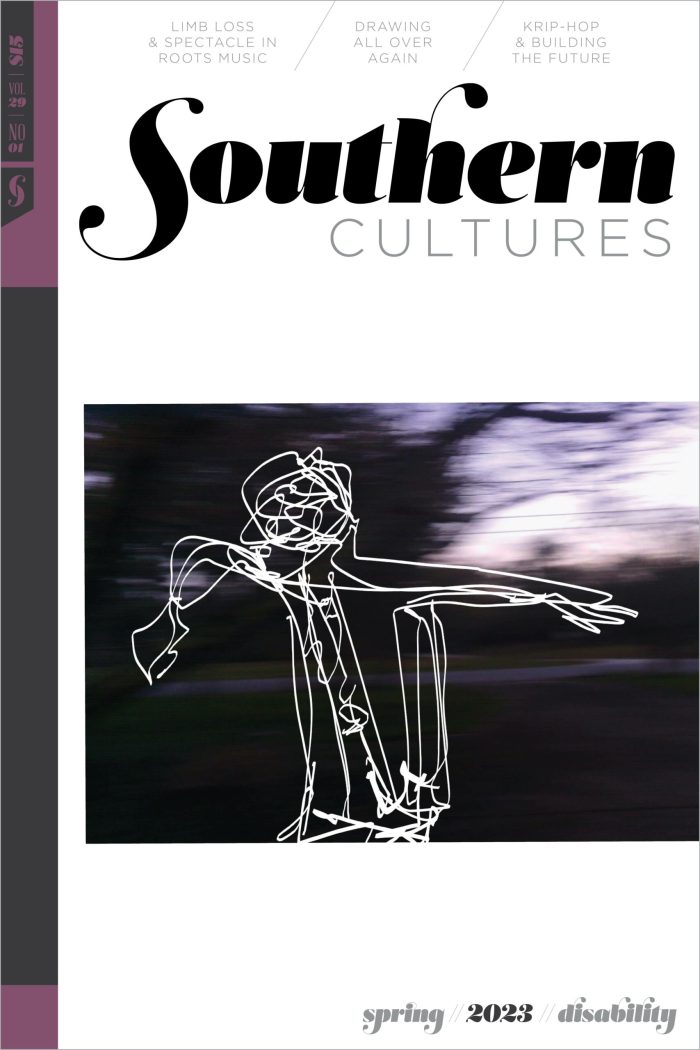BUY ACCESS
by Harry L. Watson
“Lauded for her endless gifts and selfless generosity, Mammy is summoned from the kitchen to refute the critics of southern race relations; cruelly circumscribed and taken for granted, she silently confirms them all.” “Mammy” is one of the most vivid characters on the southern cultural landscape. Immortalized in songs, stories, and films, Mammy is the »
by Suzanne W. Jones
“The more one examines the reception of The Help, the less one is able to categorize the reception as divided between blacks and whites or academics and general readers or those who have worked as domestics and those who haven’t.” The reception of Kathryn Stockett’s The Help (2009) calls to mind the reception of two »
BUY ACCESS
by Valerie Smith
“Culture products – literary texts, television series, films, music, theatre, etc. – that look back on the Movement tell us at least as much about how contemporary culture views its own racial politics as they do about the past they purport to represent, often conveying the fantasy that the United States has triumphed over and »
BUY ACCESS
by Susan V. Donaldson
“Like The Help, Can’t Quit You, Baby focuses on the layers of habit, antipathy, resentment, suspicion, attachment, and silence linking white employer and black employee—but in ways that are far more unsettling.” In the afterword to the bestselling 2009 novel The Help, titled “Too Little, Too Late,” author Kathryn Stockett voices a certain trepidation about »
BUY ACCESS
by Allison Graham
“Perhaps because the modern Civil Rights Movement and television news came of age together, the younger medium was destined to become an iconographic feature of the civil rights genre.” Midway through the 2011 film adaptation of The Help, Charlotte Phelan storms into the “relaxing room” of her plantation home and turns off the television set »
BUY ACCESS
by Kimberly Wallace-Sanders
“The question arises: wouldn’t the mammy characters be rendered more believeable in their altruism if it extended beyond white children to all children?” A popular caricature postcard from the 1920s shows an African American woman shopping with her three young children. A white saleswoman holds out a pair of white gloves to her and asks, »
BUY ACCESS
by Pearl McHaney
“Pleasure and anger are dependent on one another for heightened authenticity. Discussing The Help with delight and outrage seems just the right action.” Kathryn Stockett’s first novel The Help, published in 2009, seemed destined for bestseller status. Janet Maslin, in a review for the New York Times, called it a “button-pushing, soon to be wildly »
BUY ACCESS
by Susan Tucker
“I am glad she used what the women told us and made something different from it. She made people listen. I know it is fiction, and I know not everyone liked it, but she made people not forget. What more can you want?” For Telling Memories Among Southern Women, Mary Yelling interviewed about one-third of »
BUY ACCESS
by Kate Daniels
” . . . No, I regret nothing because what I’ve lived has led me here, to this room with its marvelous riches . . . “ I regret nothing.My cruelties, my betrayalsof others I once thoughtI loved. All the unlivedyears, the unwrittenpoems, the wasted nightsspent weeping and drinking.





